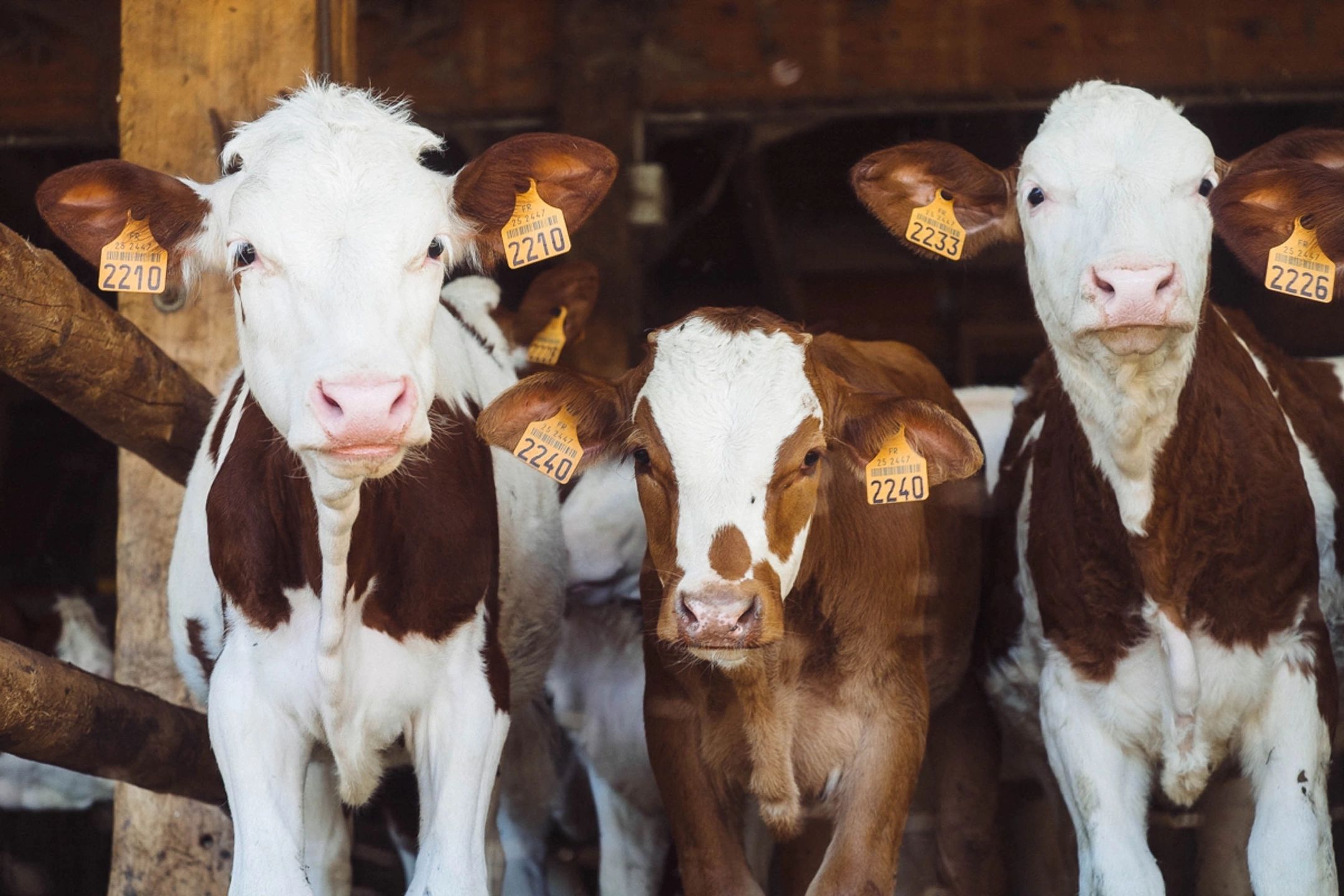Despite Official Warnings, Raw Milk Sales Surge Amid U.S. Bird Flu Outbreak
In the midst of a bird flu outbreak and official advisories cautioning against raw milk consumption due to contamination risks, an unexpected trend emerges: sales of unpasteurized products appear to be increasing.
According to the Associated Press, weekly sales of raw cow’s milk have seen a noticeable uptick since March 25, when the bird flu virus was confirmed in U.S. dairy cattle for the first time, compared to the same periods a year prior.
Mark McAfee, owner of Raw Farm USA in Fresno, Calif., reported to Global News that their sales are soaring, with the product constantly selling out in their 550 retail locations. McAfee attributes this surge to a growing belief in the natural immune system properties of raw milk.
Although the sale of raw milk is legal in California and a few other states, health officials continue to express concerns over its safety amidst disease outbreaks.
Jason Tetro, a microbiologist specializing in emerging pathogens based in Edmonton, cautioned that raw milk lacks any unique immune-boosting properties.
“Whether it is raw milk or pasteurized milk… at the end of the day, it’s coming from a cow. Human breast milk comes from humans, cow milk comes from cows. And while there may be some similarities in the antibody structure, it’s not going to help you out,” he explained.
He noted that it comes as no surprise to witness increased raw milk purchases in the U.S. following the bird flu outbreak, citing a common pattern observed by the public health community whenever issues arise with raw milk and pathogens.
While raw milk sales surge in the U.S., the situation differs in Canada, where the sale of unpasteurized milk is prohibited nationwide. Health Canada mandates that all milk undergo pasteurization before being marketed.
Pasteurization, a method involving heat to eliminate harmful microorganisms while preserving milk’s nutritional qualities, is crucial.
According to Tetro, raw milk poses a significantly higher risk of causing illnesses and hospitalizations compared to pasteurized milk, as it can harbor dangerous bacteria such as campylobacter, listeria, salmonella, and E. coli.
‘The person could be infected’
The avian flu virus has been detected at elevated levels in raw milk from infected cows in the U.S. Additionally, remnants of the virus have been identified in samples of milk sold in retail stores.
Despite this, the U.S. Food and Drug Administration (FDA) assures consumers that milk purchased from grocery stores is safe for consumption. The FDA explains that pasteurization effectively eliminates the virus, even if remnants are detected during testing.
However, it remains unclear whether live virus particles can be transmitted to individuals who consume unpasteurized milk. This uncertainty has prompted concerns about the potential for the bird flu virus to infect humans through animal products, particularly as the virus continues to spread.
In response to the discovery of virus fragments in unpasteurized dairy, the Centers for Disease Control and Prevention (CDC) issued a warning on May 10, advising against the consumption of raw milk and related products.”



